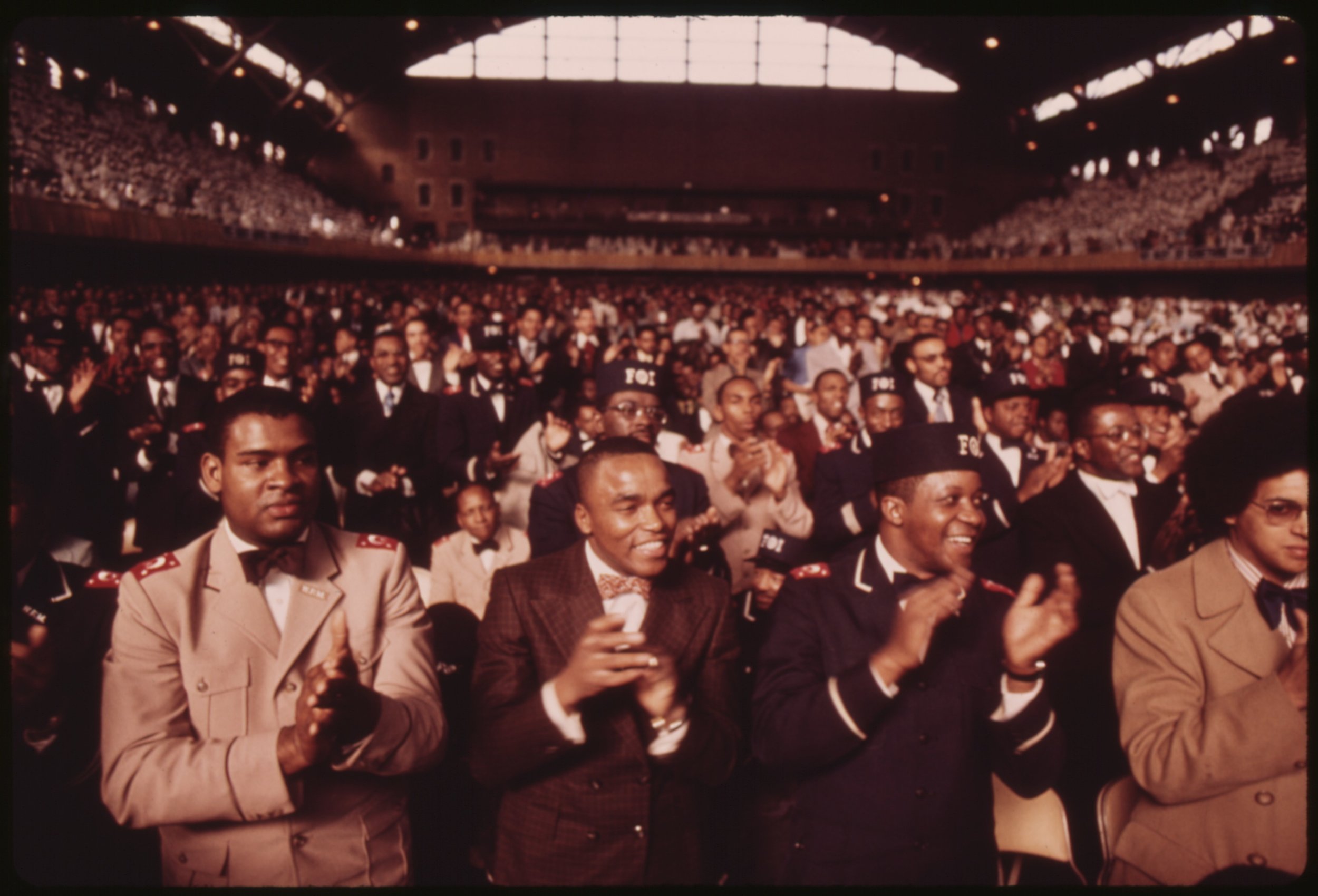
ARTICLE
“Rethinking Islamophobia”
By Alison Kysia
In this article, the Challenge Islamophobia Project director, Alison Kysia, questions whether religious literacy is an effective antidote to combat bigotries rooted in American history. She explains the challenges she faced teaching about Islam, Muslims, and Islamophobia and how those experienced inspired her to write the lesson “Black Muslims in U.S. History: An Introductory Activity.”
SYLLABI
Islamophobia is Racism Syllabus
This reading list provides embedded articles for learning about anti-Muslim racism in the United States. The syllabus highlights the intersection of race and religion as a reality of structural inequality and violence rooted in the longer history of US (and European) empire-building. Anti-Muslim racism is connected to an analysis of history and forms of dominance – including white supremacy, slavery, settler colonialism, multiculturalism, war, and imperialism – that produce various forms of racial exclusion as well as incorporation into racist structures. The syllabus is intersectional and connects Islamophobia to other forms of oppression that affect Black, Latinx, Arab, Sikh, South Asian, women, LGBTQ, disabled, and immigrant communities.
The Black Islam Syllabus
The goal of this project, developed by Kayla Renée Wheeler, is to provide teachers, professors, researchers, journalists, and people interested in learning more about Islam with resources on Black Muslims to promote a more inclusive approach to the study of Islam.
CURRICULUM
Creating Cultural Competencies
Creating Cultural Competencies is a collaborative effort between the College of Education at the University of Illinois-Chicago and the American Friends Service Committee-Chicago. This initiative provides materials, curricula, and trainings that further teachers' cultural competencies and create more inclusive schooling experiences for all children. The curriculum focuses on six essential questions to guide student learning on anti-Muslim racism.
RESEARCH DATA
Institute for Social Policy and Understanding (ISPU)
ISPU conducts research that empowers American Muslims to develop their community and fully contribute to democracy and pluralism in the United States. Their website offers a variety of tools educators can use to increase their knowledge about Muslims and Islamophobia in the United States.
Pew Research Center
Besheer Mohamed, Senior Researcher on U.S. Muslim communities at Pew Research Center
Besheer Mohamed is a Senior Researcher at Pew Research Center. He is an expert on the views, demographic profile and size of U.S. Muslim communities. He also has extensive experience with computational science, as well as developing best practices for quantitative data collection on small populations. Mohamed has appeared in numerous media outlets and regularly briefs policymakers, academics and other important stakeholders. He has also published in traditional academic publications through Oxford University Press and NYU Press, along with the American Sociological Association’s magazine, Contexts. He received his doctorate in sociology and master’s degree in Middle East Studies from the University of Chicago and a Bachelor of Science degree in engineering from Cornell University.
BOOKS
Social Justice Books - Muslims Booklist
SocialJusticeBooks.org is a project of Teaching for Change, a non-profit organization whose mission is to provide teachers and parents with the tools to create schools where students learn to read, write and change the world. On the Muslims Booklist, you will find a variety of books for teaching about Muslims and Islamophobia for K-12 and adult learners.
Teaching for Black Lives
Edited By Dyan Watson, Jesse Hagopian, and Wayne Au
The Challenge Islamophobia Project supports the Movement for Black Lives. The disappearance of anti-Black racism is a precursor to the elimination of all other forms of oppression. Therefore, if we want to disappear Islamophobia, we must increase our knowledge of Black histories and center the voices of Black liberation in our work.








